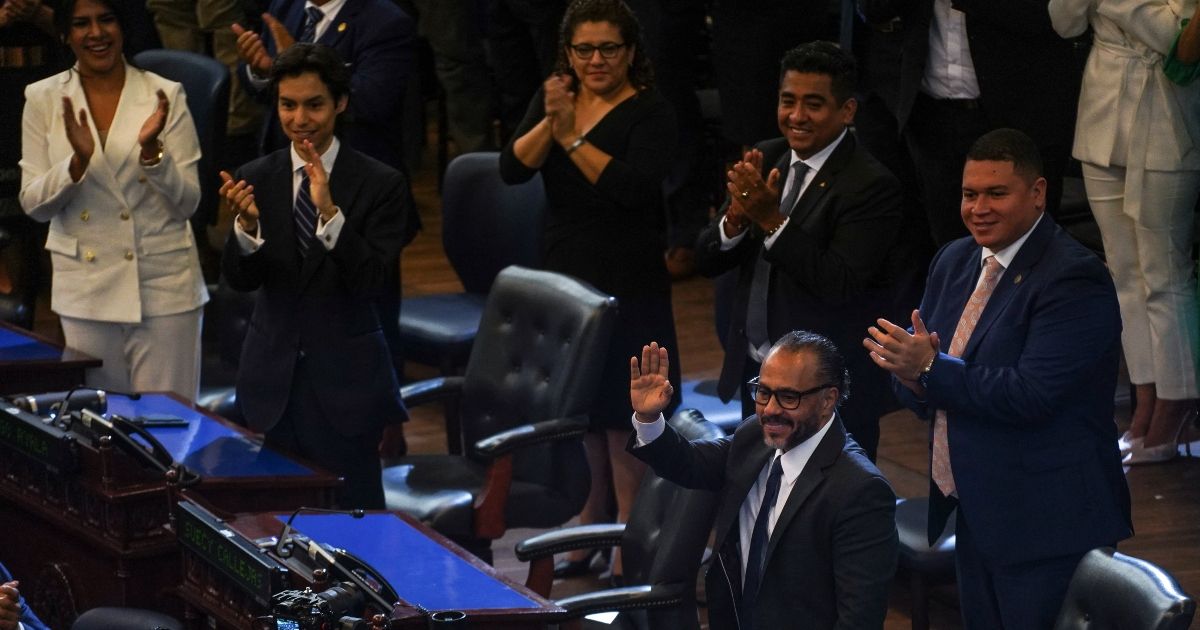The Argentine government and the IMF “have reached an agreement at the technical staff level on the fifth and sixth reviews under the 30-month Extended Facility Facility (EFF) agreement,” a statement said. of the organization that in turn reproduced the Argentine Ministry of Economy.
According to the statement, once the fifth and sixth reviews are completed, Argentina will have access to some 7.5 billion dollars.
The agreement is subject to the implementation of the economic policy actions agreed with the credit agency and the approval of the IMF’s executive board, which is scheduled to meet in the second half of August.
Meanwhile, the next review of the program is expected to take place in November.
The Minister of Economy, Sergio Massa, who in turn is the ruling party’s pre-candidate for the presidency ahead of the October elections, thus managed to reformulate the goals of the program established with the IMF and partially advance the disbursement schedule to pay a loan of about 45,000 million dollars obtained in 2018, despite the fact that the original economic goals were not met due to the heavy losses caused by a historic drought.
The pact “allows us to go through the second part of the year with much more calm, which, obviously marked by electoral issues, sometimes generates uncertainty… so for us it is very good news,” said Massa.
Argentina sought to renegotiate the payment program agreed in 2022 for the debt contracted five years ago, during the government of Mauricio Macri (2015-2019), arguing that the drought reduced its level of reserves due to lower agricultural exports.
The government negotiated against the clock to guarantee the agreement before the start of the agency’s recess for summer vacations and before the due dates for the payment of capital and interest installments to the IMF that Argentina had to pay between the end of July and the beginning of August .
The authorities expect to pay said maturities with different tools that are being analyzed.
The IMF noted that since the completion of the fourth review at the end of March, Argentina’s economic situation has become “very challenging.” The key objectives of the program were not met due to the greater than expected impact of the drought, as well as deviations in policies, said the Fund’s statement, which in turn detailed the goals that will be in force.
With regard to the primary fiscal deficit for 2023, he specified that the commitment “remains unchanged at 1.9% of GDP (Gross Domestic Product)” and advised that, for its compliance, there be a greater tightening of the policy fiscal in the second semester, although protecting the social aid programs.
Regarding the level of foreign exchange reserves, which have been falling in the Central Bank and is one of the weak points of the economy, the accumulation goal was lowered to 1,000 million dollars by the end of this year, instead of 8,000 million. of dollars that had previously been established.
After the announcement of the agreement, Argentine stocks and bonds reacted with rises and a slight reduction in the demand for the informal dollar listed on the parallel market, where Argentines go for their acquisition due to existing obstacles in the official market. Thus, the so-called “blue dollar” was trading at 551 pesos per unit, a drop of 2 pesos compared to the close of the day before.
FOUNTAIN: Associated Press



